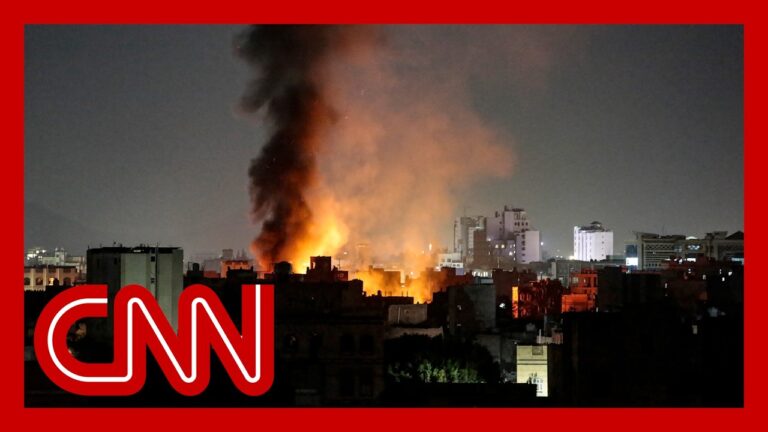Video at the bottom!
In a startling revelation, Jeffrey Goldberg, the editor in chief of The Atlantic, reported that he was mistakenly added to a government group chat discussing sensitive military operations. Initially skeptical about the authenticity of the messages, Goldberg’s doubts were dispelled when U.S. bombing operations in Yemen commenced on March 15th.
The group chat, which included high-ranking officials from the Trump administration, was established on the encrypted messaging app Signal. Participants discussed the plans for bombing Houthi positions and debated the strategic implications of such actions. Vice President Pence expressed concerns about the operation, while other officials, including CIA Director Ratcliffe, provided classified intelligence assessments.
Goldberg observed the discussions without comprehension of their seriousness until he realized the bombings had begun shortly after operational details were shared. Notably, the chat featured celebratory responses from officials engaged in the military planning.
CNN’s Alex Marquardt emphasized the shocking nature of the situation, describing it as a significant breach of protocol. National Security Council spokesperson Brian Hughes confirmed the authenticity of the chat and noted that they were investigating how Goldberg ended up in the conversation. Legal experts suggested that the inclusion of a journalist in such a sensitive discussion might violate the Espionage Act.
Former Defense Secretary Leon Panetta reacted strongly, calling the incident a serious mistake that could jeopardize national security. He highlighted the risks of war plans being exposed and stressed the necessity of a thorough investigation. The concern centered around potential consequences had the information reached adversaries, which could have led to a preemptive attack against U.S. interests.
Panetta underscored the gravity of the blunder, pointing out that the situation demanded accountability and possible disciplinary actions for those responsible for the breach. The incident raises questions about the security protocols in place for discussions involving national defense, emphasizing the importance of safeguarding sensitive information in military operations.


